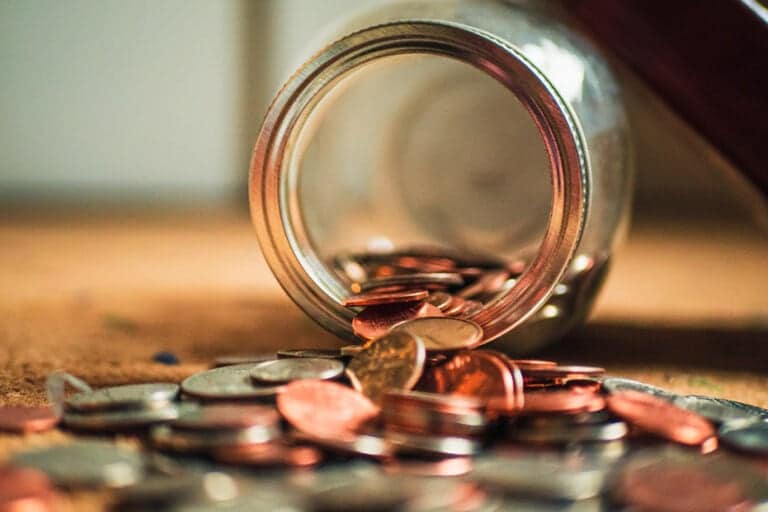What is financial wellbeing?
Well-being has been defined as feeling happy, healthy, having meaningful relationships and a sense of purpose. Financial well-being has been defined, through research conducted by the Consumer Financial Protection Bureau, as a state of being where four central elements are present:
- Having control over day-to-day, month-to-month finances;
- Having the capacity to absorb a financial shock;
- Being on track to meet financial goals; and
- Having the financial freedom to make the choices that allow you to enjoy life.
Financial well-being is different for each individual and is tied to your values and the choices you make with your money. The opposite of financial well-being is financial stress which can have a negative impact on your health and your relationships.
How can I assess my financial wellbeing or personal financial fitness?
You can start by taking this short quiz:
I am happy with my ability to meet my financial obligations Y/N
I am happy with my spending habits Y/N
I am happy with the level of debt I carry Y/N
I can cover expenses for more than a month if I had a large, unexpected expense or lost my job Y/N
I save and invest for my future on a regular basis Y/N
I have an investment plan Y/N
I have adequate insurance coverage (life, disability, liability, home) Y/N
I have estate planning documents (Will, Power of Attorney, Health Care Directive) Y/N
I have the freedom to make choices that allow me to enjoy life Y/N
I can have productive money conversations in the relationships that are important to me Y/N
The more “Yes” answers you have, the easier it will be to achieve a higher level of personal financial fitness.
Next you can gather some facts to better understand your situation. It is similar to assessing your physical fitness before starting a fitness program by checking your weight, heart rate after moderate exercise or how long it takes to walk a mile. There are four numbers that will give you a good initial overview of your financial situation.
- Your net worth (what you own and what you owe)
- Your credit score
- Your short-term emergency savings
- Your investments and long-term savings
Look for future posts where we will walk you through how you can determine your own four-numbers.




